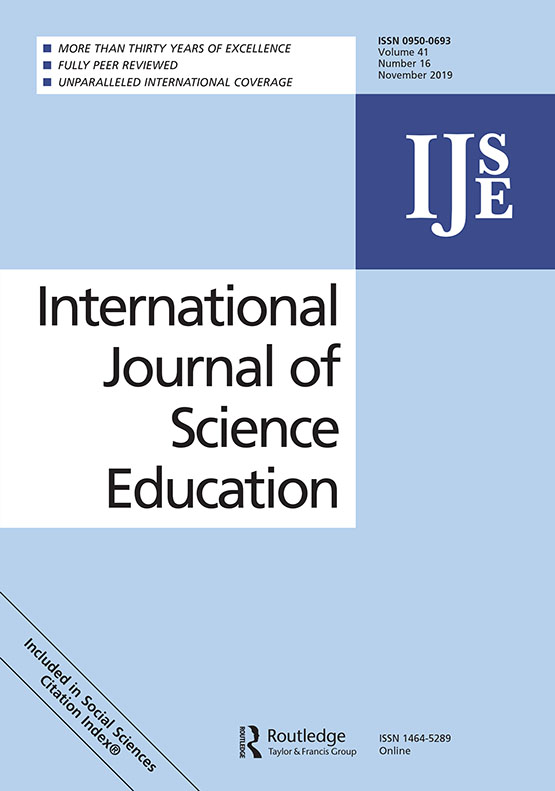tandfonline.com har udgivet en rapport under søgningen “Teacher Education Mathematics”:
ABSTRACT
ABSTRACT
The traditional description of “the scientific method” as a stepwise, linear process of hypothesis testing through experimentation is a myth. Although the teaching and learning of the scientific method have been a curriculum and assessment goal, the notion of the ‘scientific method’ itself has been identified as being problematic. Many researchers have recognised there is no single scientific method. However, there does not seem to be any useful guidelines for how best to deal with the nature of scientific methods in school science, including in high-stakes summative assessment. The article presents the use of a framework to illustrate the diversity of scientific methods that goes beyond the traditional limitations of a scientific method, to provide a more comprehensive and inclusive account, including non-manipulative parameter measurements. The framework not only clarifies the definition of scientific methods but also is adapted as an analytical framework to trace how scientific methods are framed in high-stakes chemistry examination papers from three examination boards in England. Such analyses can potentially point to what is emphasised in chemistry lessons, given how instrumental high-stakes testing is for driving teaching and learning. Results from an empirical investigation of examination questions are presented, highlighting an imbalance in the representation of methods in chemistry tests.
